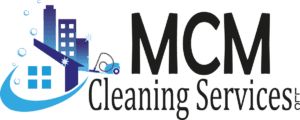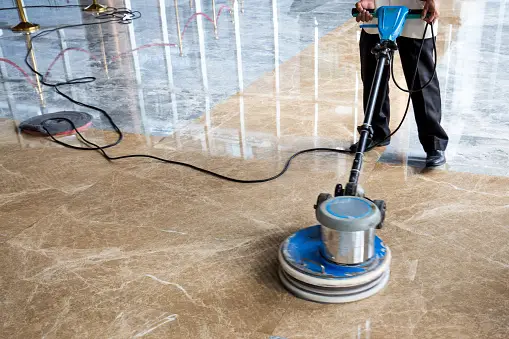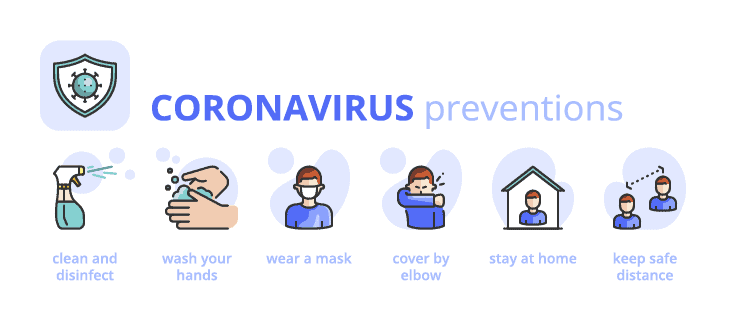
How to Keep Your Home and Office Clean and Germ-Free
Date Posted:
March 7, 2024
Introduction
Maintaining cleanliness in your home and office is crucial for creating a healthy and productive environment. In this article, we’ll explore effective strategies and techniques to keep both your living and working spaces clean and free from harmful germs.
Understanding the Importance of Cleanliness
Benefits of a Clean Environment
A clean environment promotes overall well-being by reducing the risk of illnesses and allergies. It also enhances mood and productivity, making it easier to focus and accomplish tasks.
Health Implications of Germ Buildup
Germs, bacteria, and viruses can thrive in unclean environments, leading to various health issues such as colds, flu, and gastrointestinal infections. Regular cleaning and disinfection are essential to prevent the spread of illnesses.
Essential Tools and Supplies
To effectively clean your home and office, you’ll need the right tools and supplies. Invest in quality cleaning agents, such as disinfectants, multipurpose cleaners, and glass cleaners. Additionally, equip yourself with essential cleaning tools like microfiber cloths, mops, and vacuum cleaners.
Creating a Cleaning Schedule
Establishing a cleaning schedule helps you stay organized and ensures that no area is overlooked. Divide tasks into daily, weekly, and monthly routines, focusing on high-traffic areas and frequently used surfaces.
Cleaning Tips for Different Areas
Each area of your home and office requires specific cleaning techniques. For instance, in the kitchen, focus on sanitizing countertops and appliances, while in the bathroom, pay attention to disinfecting surfaces prone to mold and mildew.
Keeping Germs at Bay
Proper Hand Hygiene
Encourage frequent handwashing with soap and water, especially before meals and after using the restroom. Provide hand sanitizers in convenient locations to promote good hygiene practices.
Disinfection Techniques
Regularly disinfect commonly touched surfaces such as doorknobs, light switches, and keyboards. Use EPA-approved disinfectants to effectively kill germs and viruses.
Air Quality Maintenance
Improve indoor air quality by regularly dusting and vacuuming, using air purifiers, and ensuring adequate ventilation. Clean air reduces the spread of airborne contaminants and promotes respiratory health.
Implementing Eco-Friendly Practices
Choose environmentally safe cleaning products to minimize your carbon footprint and reduce exposure to harmful chemicals. Look for eco-friendly alternatives that are biodegradable and free from harsh toxins.
Involving Everyone
Promote a culture of cleanliness by involving all members of your household or workplace. Assign cleaning responsibilities and educate children about the importance of maintaining a tidy environment.
Dealing with Special Situations
Address specific cleaning challenges, such as pet areas and allergen control, with targeted solutions. Use pet-safe cleaners and allergen-reducing products to create a safe and comfortable living and working environment.
Seeking Professional Help
Consider hiring professional cleaning services for deep cleaning and maintenance checks. Professional cleaners have the expertise and equipment to tackle tough stains and ensure thorough sanitation.
Staying Consistent
Consistency is key to maintaining a clean and germ-free environment. Stick to your cleaning schedule and make it a priority to uphold cleanliness standards in your home and office.
Benefits of a Clean and Germ-Free Environment
A clean and germ-free environment promotes better health, enhances productivity, and fosters a sense of well-being. By investing time and effort into cleanliness, you create a space that is conducive to both physical and mental wellness.
Conclusion
Keeping your home and office clean and germ-free is essential for creating a safe and healthy environment. By following the strategies outlined in this article, you can effectively combat germs and maintain a tidy space that promotes overall well-being.
FAQs
- How often should I clean my home or office? Regular cleaning is recommended, with daily tasks for high-traffic areas and weekly and monthly routines for deeper cleaning.
- What are some natural cleaning alternatives? Vinegar, baking soda, and lemon juice are effective natural cleaners that can be used as alternatives to commercial cleaning products.
- Can cleanliness affect productivity in the workplace? Yes, a clean and organized workspace can boost productivity by reducing distractions and promoting focus.
- How can I prevent mold growth in damp areas? Keep damp areas well-ventilated, repair leaks promptly, and use mold-resistant paint or materials to prevent mold growth.
- Is it necessary to disinfect surfaces daily? It’s advisable to disinfect frequently touched surfaces daily to reduce the spread of germs and viruses.
To get started, request a quote here.







